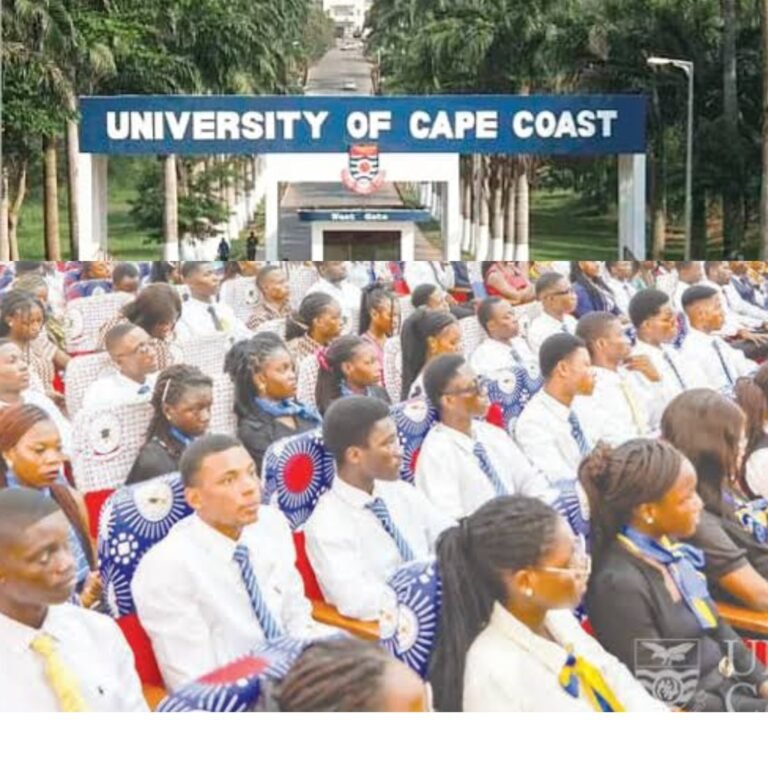
President Akufo-Addo
When we elected our parliamentary representatives to help us govern the nation for our collective benefit, we believe the electorate were concerned more about Ghana moving forward than political parties making ugly noises on the floor of the august House.
That was why all of us, with one voice, got angry when ‘honourable’ Members of Parliament began fighting over their own processes, instead of putting Ghana first in their routine responsibilities. It is the same picture we expect when committees meet to discuss government business or discuss audit reports.
Again, we expect that when committees meet, members will look at issues more from professional and national angles than the political and parochial. That is how democracies have survived, and nations developed. And we believe our MPs appreciate that fact.
The records show that, since 2001 till now, that has been the convention and practice, despite the numbers which had favoured President JA Kufuor’s government, for instance, and President Akufo-Addo’s in 2016.
Leadership
As we would admit, the Covid-19 pandemic threw up global tragedies that pushed even advanced nations to the brink. From the US, Canada and Britain to Germany, The Netherlands, France and Italy, the spectre of chaos was evident in company boardrooms, corridors of global treasury chiefs and exchequers as well as film theatres and football stadia. Indeed, top notch marts and small joints in corners all over the world were hit off their feet, with little hope of recovery, without intervention from insurers.
That provided a huge challenge not only to global health systems and pharmaceutical companies, but also doctors and nurses as well as lab technicians and epidemiologists.
But governments, particularly, had to prove a case for being in charge of their nations or lose their credibility. Fortunately, that was the point at which Ghana rose to the occasion, showing competence and commitment to sustaining resiliency in its management of the economy, resulting in at least posting a positive in economic growth, far above peers and traditionally stronger economies.
The situation becomes magical, considered against the fact that Ghana had just emerged from an IMF programme.
Today, even amidst the supposed gloom, Fitch believes we are not doing badly as an investment destination, while Moody’s equally agrees that “Ghana’s institutional framework and dynamic economy remain key credit supports.”
Leapfrogging
Because it is impossible to kill a lion with a cane, any serious person or leader, for that matter, in the situation Ghana finds itself, needs to take bold and courageous decisions in keeping the pandemic and its socio-economic ravages under control.
That means we cannot afford to pretend we are in normal times, and still expect our Free SHS programme and National Health Insurance Scheme, among others, to run, without collapsing our national kitty and going back glum-faced into another IMF programme. That would be a collective shame unless we don’t have a national conscience.
As we have been sufficiently made aware, the E-Levy is not our ‘normal- times’ revenue regime. It is a transformational initiative that tackles our collective aspirations in reducing our debt burden, and also generating enough to create jobs as well as enhance our infrastructure architecture to spur consistent growth.
Ghana first
In the last few days, our indefatigable Minister of Finance has been going round the country trying to defend this noble cause – after modest consultations with key stakeholders.
It is our hope that, as the Minister returns to the House with a reviewed E-Levy document for Parliament to look at again, our MPs will find an opportunity in putting Ghana first. This is to enable us collectively surmount the hurdle the pandemic has thrown in our way and move on in hope.







